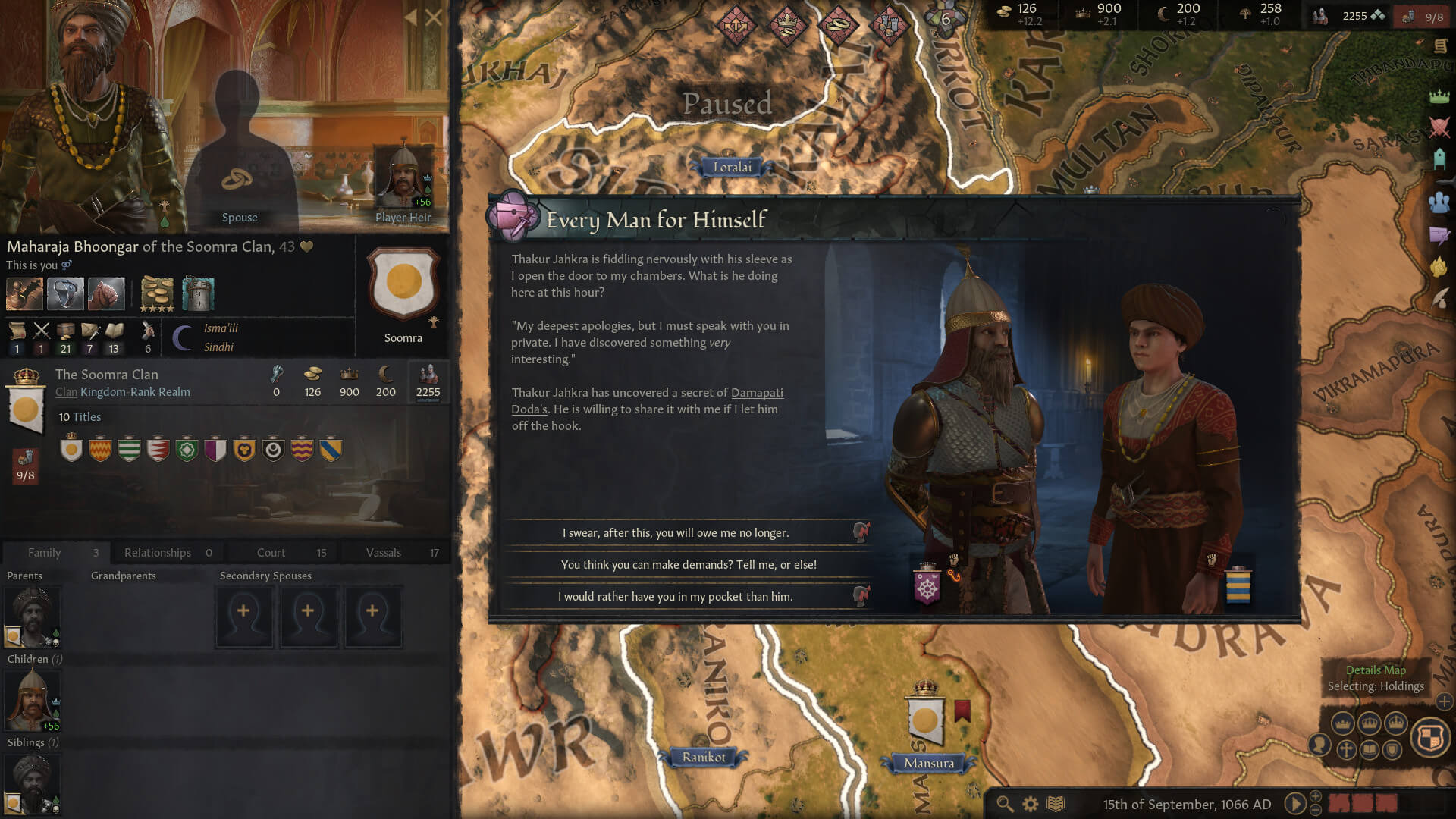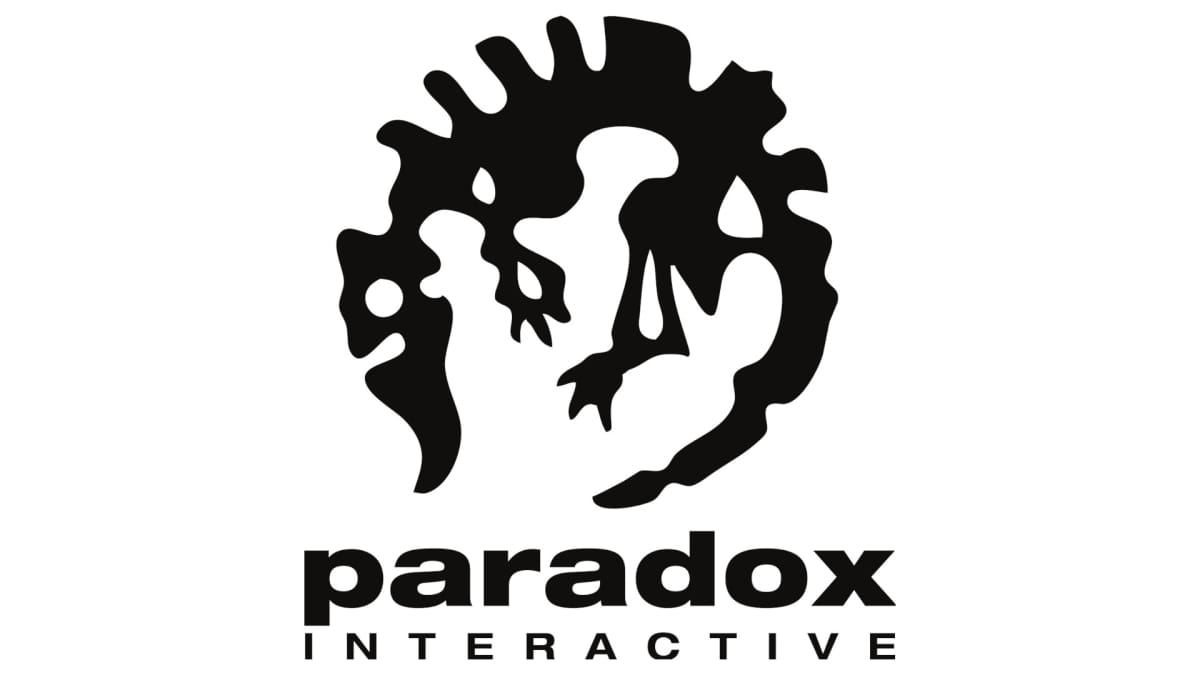Last month, a Swedish union reported that Paradox Interactive employees felt the company had a toxic workplace culture. Now, a Swedish newspaper has revealed a "culture of silence" at the Crusader Kings studio, one in which women are routinely denigrated or ignored and in which men dominate most spaces.
What does this new report reveal about Paradox Interactive?
This report comes to us courtesy of Eurogamer. Their story is working from a translation of a report by Swedish newspaper Svenska Dagbladet (note: content is behind a paywall and is in Swedish). Eurogamer also directly spoke to several female Paradox employees, all of whom wished to remain anonymous. The employees describe a culture of toxic masculinity and misogyny at Paradox; one employee says she was referred to as a "token hire" and told to "be quiet" during meetings. Another employee says Paradox's management was "ineffective" in dealing with harassment complaints, while others say misogynistic comments went unreported because the people who had made the jokes would not be reprimanded in any way.

The Svenska Dagbladet report describes Paradox's culture as "male-dominated", giving one chilling example in which a female employee was forced to remove criticism she'd made of Paradox from the company's internal Slack channel while a male manager watched. In a story that's becoming all too familiar in the gaming industry, employees refer to male managers harassing women "below them in the hierarchy" without reprisal. In one instance, Paradox hired a new senior management employee who had a reputation for harassment at another company, but this history was overlooked and the employee worked at Paradox until August this year.
This report comes just over a month after an internal Paradox survey in which 44% of respondents claimed they had been mistreated at the company. While women make up only 26% of the total respondents to the survey, 69% of those women say they have been the victims of abusive treatment. This is in contrast to the men; 33% of male respondents said they had been abused or mistreated at Paradox. However, Eurogamer points out that many Paradox employees feel like the anonymity they're promised by these internal surveys may not be as guaranteed as they think it is. One employee says nobody "actually [dares] to write what they [want]" in the surveys, so they may be underestimating the true extent of the problem of toxicity at the company.
The gaming industry's unfortunate problem with toxic workplace culture
These are just the latest in a long line of toxic workplace culture allegations against some of the gaming industry's most prominent companies. Last year, French union Solidaires Informatique brought a lawsuit against Ubisoft, citing harassment and abuse of employees. A year on from those allegations, French newspaper Le Telegramme reported that Ubisoft's internal culture hadn't changed much, suggesting that increased public scrutiny and legal proceedings hadn't forced Ubisoft to acknowledge the severity of the situation.

Another high-profile company accused of toxic workplace culture is Activision Blizzard, which were sued by none other than the California Department for Fair Employment and Housing earlier this year. That lawsuit is still ongoing, with California recently alleging that the gaming giant shredded documents pertaining to its breaches of the law. Elsewhere in the industry, allegations have also been leveled at prominent figures in the indie space, such as Lab Zero's Mike Zaimont and Fullbright's Steve Gaynor. Sadly, it looks like these reports are only going to get more commonplace.
According to Eurogamer, some employees do believe it's possible for Paradox to change, but this can only happen "if senior management is willing to help". The issue is that many managers and senior staffers simply don't see the problem; they see the company's culture as normal, having been immersed in it for an extended period of time. However, the company has said that it has ordered an external audit of its company culture and that it took the results of this year's survey "very seriously". We'll have to wait and see if that translates to real change at Paradox.







